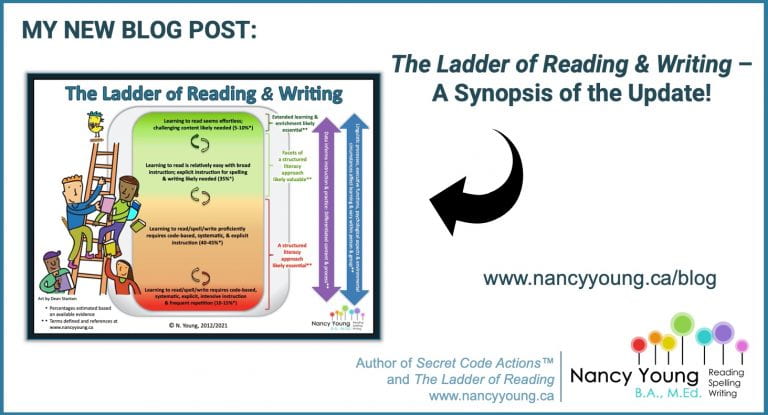Just last week, I referenced my frustration with educators who focus on what their students cannot do, rather than what they can do. In the last several days, I came to the realization that I may be doing the very same thing when thinking about educators: I can fall in the trap of focusing on what we can’t do (think), rather than what we can do (think). I can become convinced that educators operate with fixed mindsets. Perhaps if I turn my attention to all of the evidence of growth mindsets in educators, I might see the world with new eyes.
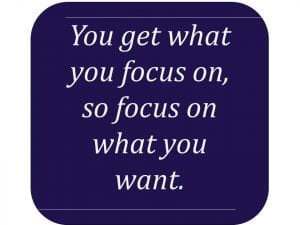
Change is a constant. The Fort Madison Community School District has gone through some major changes in the last few years (who hasn’t???). It is understandable that we hold on to old habits: there is safety there. We have had success there. It is comfortable there.
One of the changes our Kindergarten through second grade teachers (and now third-grade teachers!) have been asked to make is to dig deeper into our work with microphases during the K-2 Foundational Skills Block, a cornerstone of the EL Education curriculum.
If I am a 2nd grade teacher and have a group of students who is operating in a microphase that aligns with a different grade level, I will use the lesson for the appropriate microphase during small group instruction. ALL of my 2nd graders will receive instruction that aligns with their grade level microphase. AND they will receive instruction that aligns with skills from an earlier or later microphase, if the benchmark assessment indicates that they have additional skill needs beyond their grade level.
Productive Struggle for Educators
Think about that for a minute. As a teacher, I am preparing lessons for my whole class. In addition, I am preparing lessons for multiple groups to meet their various needs. I may not be confident about either, especially if this is new to me. There is bound to be struggle in this process. How can I rest assured that this productive struggle is worthwhile?
My productive struggle will result in gains for my students because I am following a structured literacy approach, as described in this Reading Rockets article from the International Dyslexia Association. I am following a systematic and structured lesson sequence, with explicit instruction outlined in each lesson, whole group and small group. There is nothing easy about this, especially initially, but engaging in this productive struggle ensures that I am honing my craft and ensuring high levels of learning for my students… and for me!
Side note: a structured literacy approach benefits ALL readers, not just readers with dyslexia, as Nancy Young reminds us.
Why is it so important to engage in this productive struggle? The data tells us it is imperative. As a nation, according to the 2019 National Assessment of Education Progress (NAEP), only 35% of fourth-grade students, only 34% of eighth-grade students, and only 31% of twelfth-grade students are considered proficient. This is why it is so important, so critical, so urgent that we, as educators, engage in productive struggle for the benefit of those in our care.
Productive Struggle for Students

We want our lessons to be structured in such a way that there are ample opportunities for students to engage in productive struggle. Here’s the thing: we want to be careful that our hearts don’t get in the way of giving students the opportunity to struggle. As Lacey Robinson brilliantly states in Amplify’s Science of Reading: The Podcast, Season 5, Episode 1: “…we actually love our students intellectually numb.” She goes on to say that when productive struggle is occurring, our sympathy muscle kicks in. It’s hard to watch [that productive struggle], but the reward is worth it. When you allow a human being to be what they can become, that’s where the “tingle” starts to happen.
Despite the tendency of our educator hearts getting in the way of productive struggle, it is happening. This past week, I witnessed it over and over again. In our K-2 Foundational Skills Block, our students were engaged in productive struggle when they:
- practiced fluency with decodable readers
- engaged in meaningful group work, independent of adult support, in small group rotations
- engaged in the “Word Fishing” instructional practice
- worked in small groups, with a teacher, on skills that aligned with their current microphase: on grade-level, below grade-level, or above grade-level
- participated in the “Chaining” instructional routine
- participated in the “Interactive Writing” instructional routine
In our K-8 Modules, our students were engaged in productive struggle when they:
- led their own Language Dives
- participated in and Interactive Flowchart protocol
- used Computer Science to enhance their understanding of trees, using a green screen to summarize research writing
- completed Literary Summaries that included identification of theme, supported by text evidence
- participated in the Back-to-Back and Face-to-Face protocol
- completed graphic organizers to plan a Broadside opinion writing
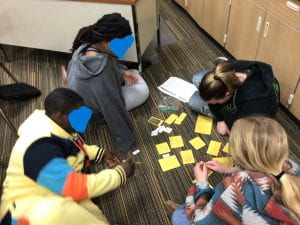
7th Grade Students participating in an Interactive Flowchart protocol
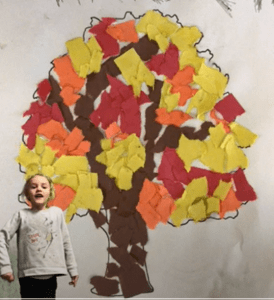
Kindergarten student shares “Sugar Maple” research writing
Our educators were involved in productive struggle when they:
- led their students through the above-described activities
- invited instructional coaches into their rooms to plan and execute lessons
- asked questions to understand during data team meetings
- owned their data and discussed solutions
- modified common formative assessments to better align with the standard they were created to assess
- considered methods for incorporating Computer Science into Core subject areas
- planned to incorporate protocols that increase student engagement
- discussed options for stretching our students who have already demonstrated proficiency on priority standards
- celebrated student success
- developed Labs for 3rd grade to align with their current Module
- developed student-friendly proficiency scales so that students took ownership of their learning
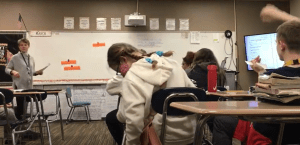
Launching a Language Dive with 7th Graders
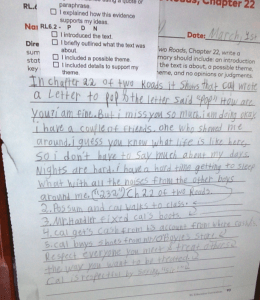
Proficiency scale developed by 6th grade teachers for a literary summary
The work we are engaging in is BIG. It is IMPORTANT. And it is difficult. We have worked so hard in the last 2 1/2 years as we’ve implemented the EL Education Curriculum. As Dr. Sam Duncan and Angie Hanlin remind us in an interview with the one and only Laura Stewart from the Reading League: We have not arrived yet. There is much to be done. It is time to:
- Start the work (we have!) and stay the course
- Accept where we are at and own it – you’re not going to be there forever
- Give yourself permission to lead
- Never give up
- Remember that our students need us to do this work
- Reach out to people, who are grounded in the research, for help
